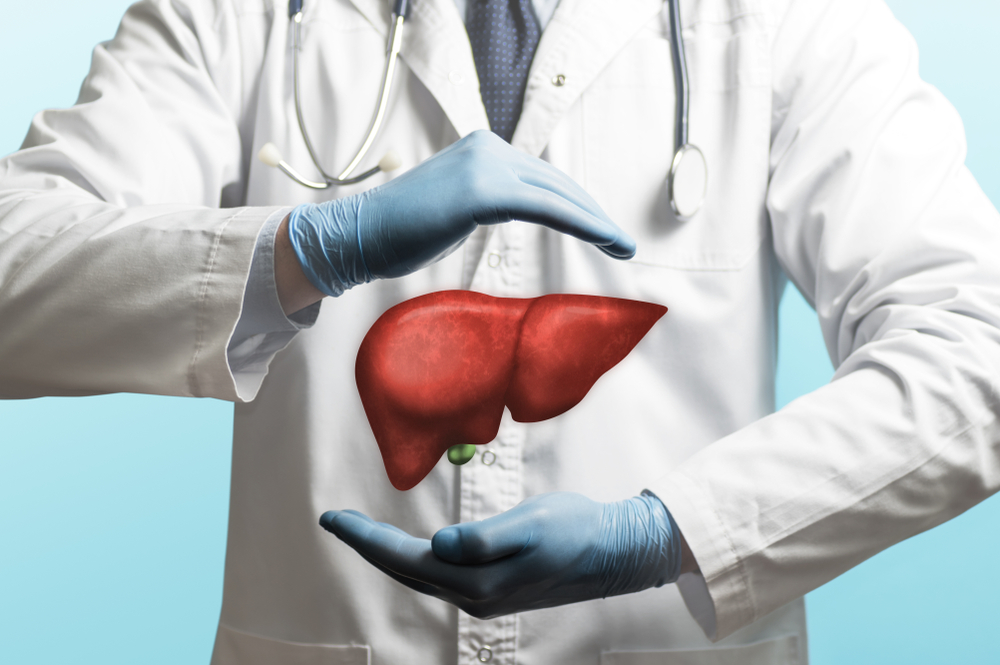A liver transplant is a surgical approach that takes off a liver that is no longer working due to liver failure, and changes it with a healthy liver from a living or deceased donor.
The liver, the largest internal organ in the body, executes many important functions, like:
- Creating proteins that helps in blood clotting
- Regulating immune responses and preventing infection
- Extracting toxins and bacteria from the blood
- Processing hormones, medications, and nutrients
In addition, it is generally reserved as a treatment choice for patients who have serious complications due to chronic liver disease. Furthermore, it might also be a treatment choice for rare occasions of an unexpected failure of a formerly healthy liver.


